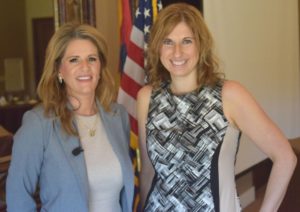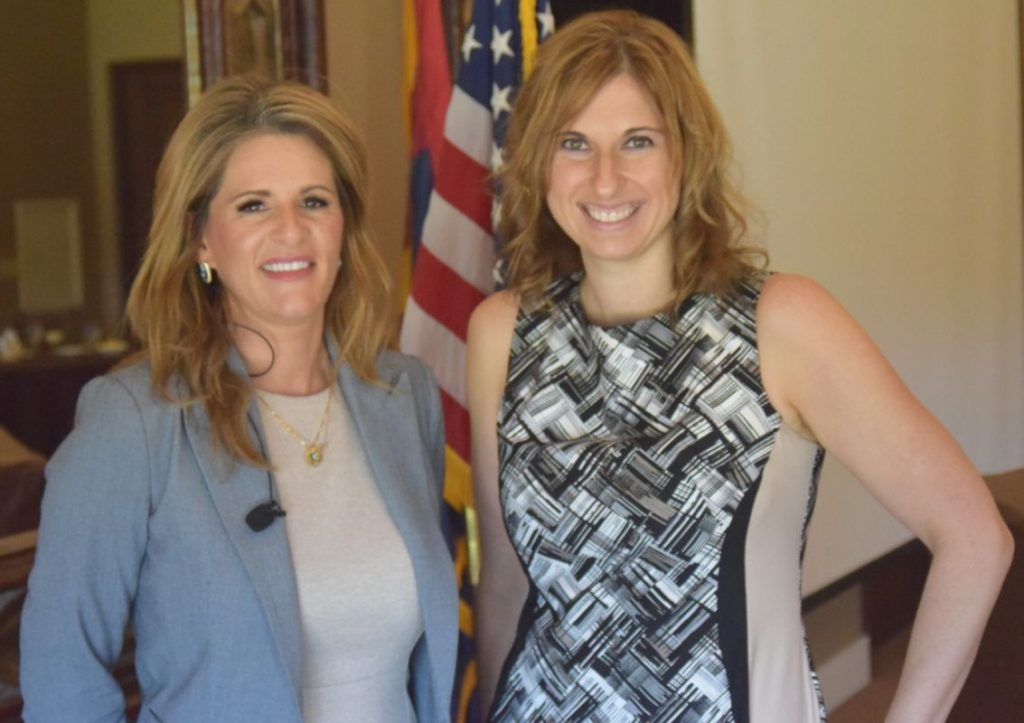
Christina Noble’s first job performance review at NASA’s Jet Propulsion Laboratory came back with lower scores than she anticipated. Seeing her disappointment, her boss advised her to internalize her frustration, leaving her emotions at the door.
Noble, now senior vice president for business development at Sonora Quest Laboratories, took that guidance to heart. She set aside her emotions for years until she determined how she could harness those reactions to aid in her success.
“I had become robotic,” Noble said. “And now I love letting people know who I am at work, tapping into my emotions positively and helping others do the same.”
During a two-part presentation during March’s Professional Women’s Alliance luncheon, Noble and a colleague provided attendees with insight into how emotional intelligence can lead organizations to success.
Emotional intelligence is the ability to manage your emotions and the emotions of others. This skill plays a key role in leading an organization to success.
Noble cited the book Emotional Intelligence 2.0 by Travis Bradberry and Jean Greaves during the presentation, which says emotional intelligence is the single biggest predictor of high-quality performance in the workplace.
During the second part of the presentation, Veronica Owens, human resources business partner at Sonora Quest Laboratories, discussed the monetary benefits of making emotional intelligence a priority in an organization.
“I worked at Home Depot when they decided to have the whole company go through emotional intelligence training,” Owens said. “That was in 2010 and since then, their share price has gone from $35 to $144.”
While Owens acknowledged emotional intelligence isn’t the only factor in the company’s growth, she believes it kicked off the company’s renewed path to success.
Overall, Noble and Owens provided the following strategies to help lead companies to success:
- Companies seeking to grow should provide opportunities for employees to grow their emotional intelligence.
- At a time when market demand is ever-changing, companies must learn how to respond quickly to beat the competition.
- Transformational leaders who possess the emotional intelligence to lead companies during times of change are much more likely to lead companies to success.
“We have to adapt a new way of thinking about emotions in order to become better leaders,” Noble said.
To see pictures from March’s Professional Women’s Alliance featuring Christina Noble click here.
The next Professional Women’s Alliance luncheon will be on Tuesday, April 11 featuring Tanya Wheeless, founder of wellness start-up Happy Grace. Wheeless will share proven tools that go deeper than simple time management to achieve greater balance in work and life. Register today!
-Written by Alexie Chavez, marketing coordinator of Greater Phoenix Chamber of Commerce.


